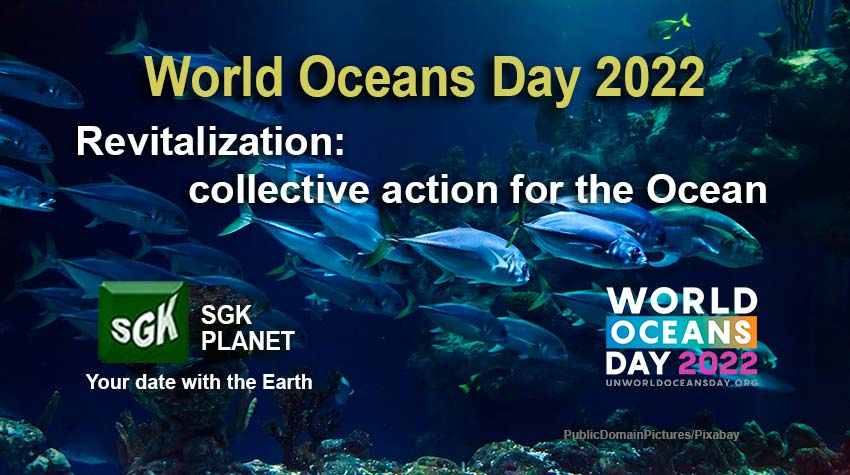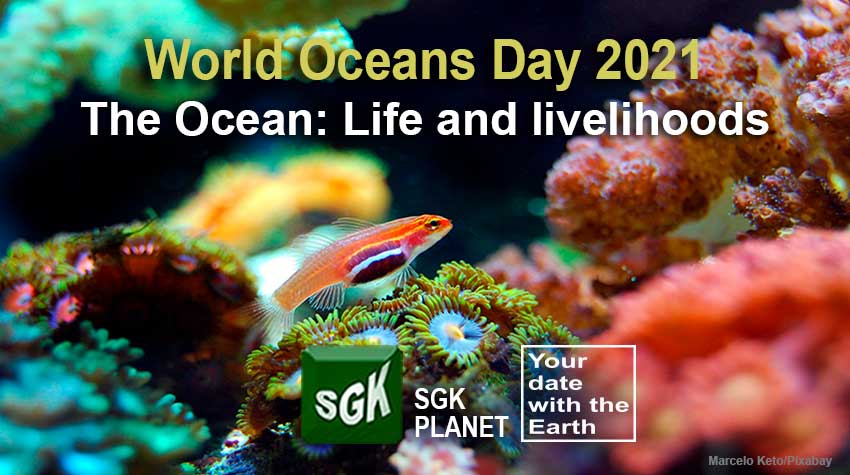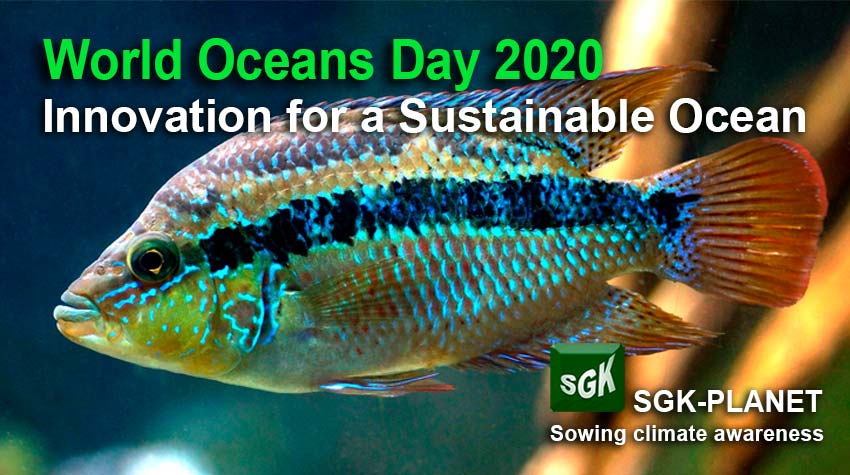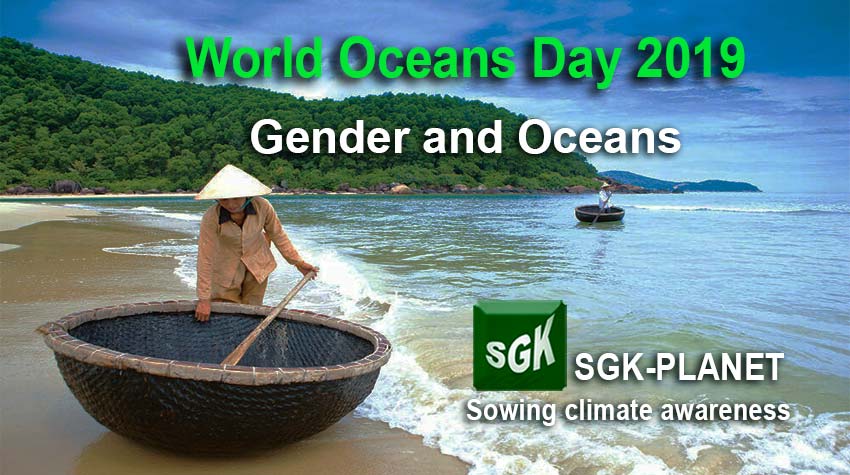FAQs about Oceans
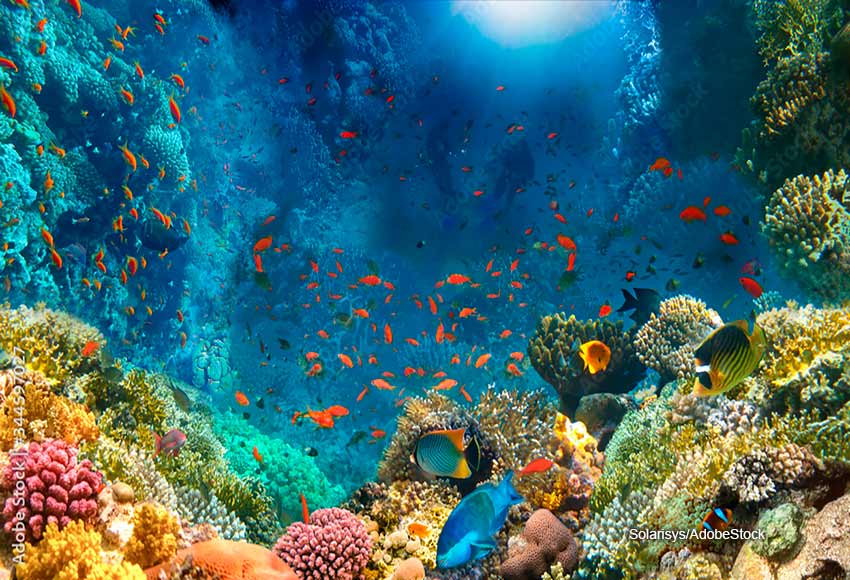
1. What are the earth’s oceans and what is their importance?
The oceans cover almost three-quarters of the Earth’s surface, with the Pacific being the largest of all. The depth of the ocean is variable, but thin compared to its surface. Experts estimate the average ocean depth to be approximately 3,900 meters.
Due to the enormous surface they cover, the oceans are the main component of the Earth, the origin of life on the planet and an essential part of existence itself. The oceans have a very important role in regulating temperature, as they are the largest carbon sinks on Earth, which is why they are the most powerful influencers of climate and weather patterns on the planet.
Earth’s oceans, in order of area Ocean Surface (Km2) Average depth
Pacific 155 560 000 4280
Atlantic 106 500 000 3646
Indian 68 560 000 3741
Antarctic 20 327 000 3270
Arctic 14,056,000 1,205
The three deepest trenches in the world are located in the Pacific Ocean: the Mariana Trenches with a depth of 11,034 meters. The Tonga Trench, near New Zealand, with 10,822 meters; the Japan Trench, with 10,554 meters. The deepest trench in the Atlantic Ocean is that of Puerto Rico, with 8,800 meters.
FAQs about Oceans
1. What are the earth’s oceans and what is their importance?
2. Are the oceans lungs of the Earth?
3. How many marine species are there, and which ones are in danger?
4. How does global warming affect the oceans?
5. What is acidification and how does it affect the oceans?
6. What is overfishing and what consequences does it have for the oceans?
7. What are the main pollutants in the oceans?
8. How do plastics affect the oceans?
Other Secctions of the Oceans
Articles
Revitalization: collective action for the ocean. World Oceans Day 2022
On June 8 we celebrate World Oceans Day 2022, this year framed in the UN Decade of Ocean Sciences and within which the Conference of the Oceans. The theme of 2022 Revitalization: Collective Action for the Ocean wants this year to emphasize the greatness of the ocean as a source of life for all human beings and for all other organisms that inhabit the Earth.
Our planet Earth is also known as the blue planet because more than 70% of its surface is covered by the waters of oceans and seas, which gives it its distinctive color. These huge bodies of water are essential for life as they provide us with food, as well as being important regulators of climate change and generators of most of the oxygen we breathe.
World Oceans Day was proposed during the Earth Summit in Rio de Janeiro, 1992, although it was only implemented in 2008. Since then, World Oceans Day is celebrated on June 8 of each year, by resolution of the General Assembly of the UN. Its objective is to raise awareness about the importance of the oceans and how to preserve them. This year the UN has chosen two reasons to celebrate World Oceans Day.

